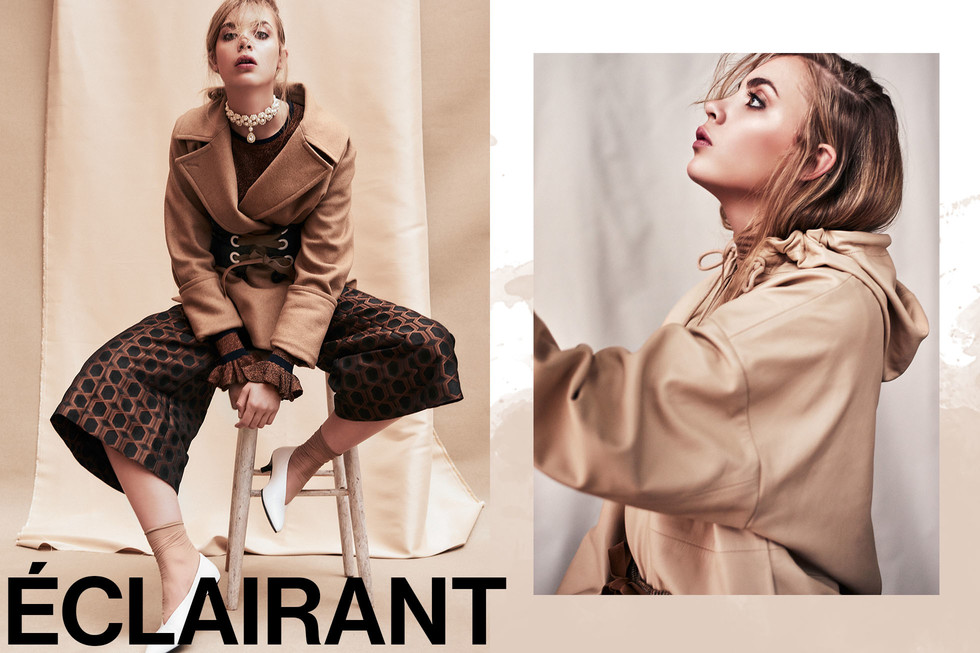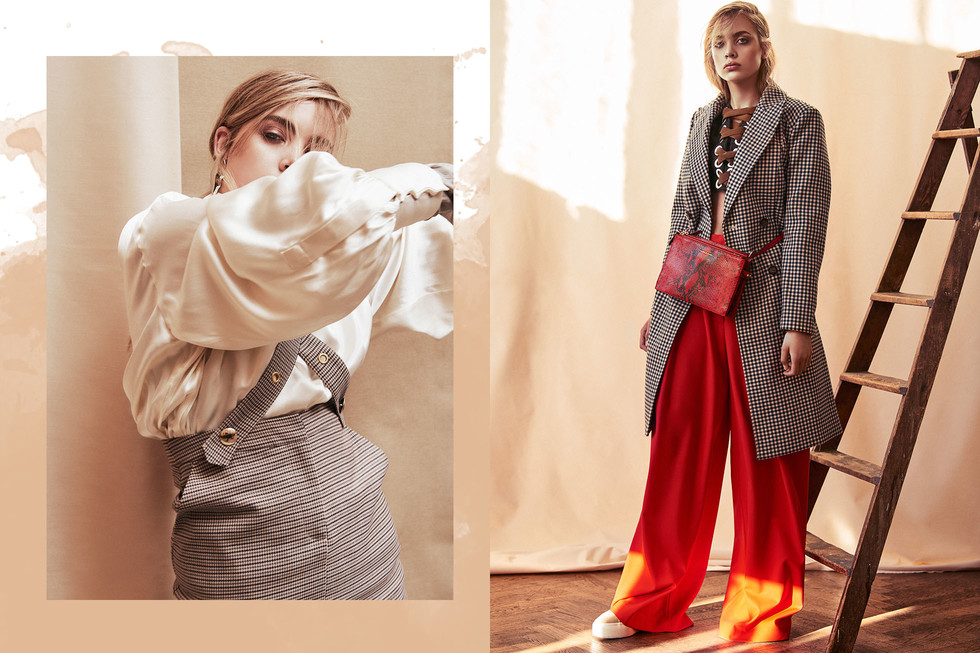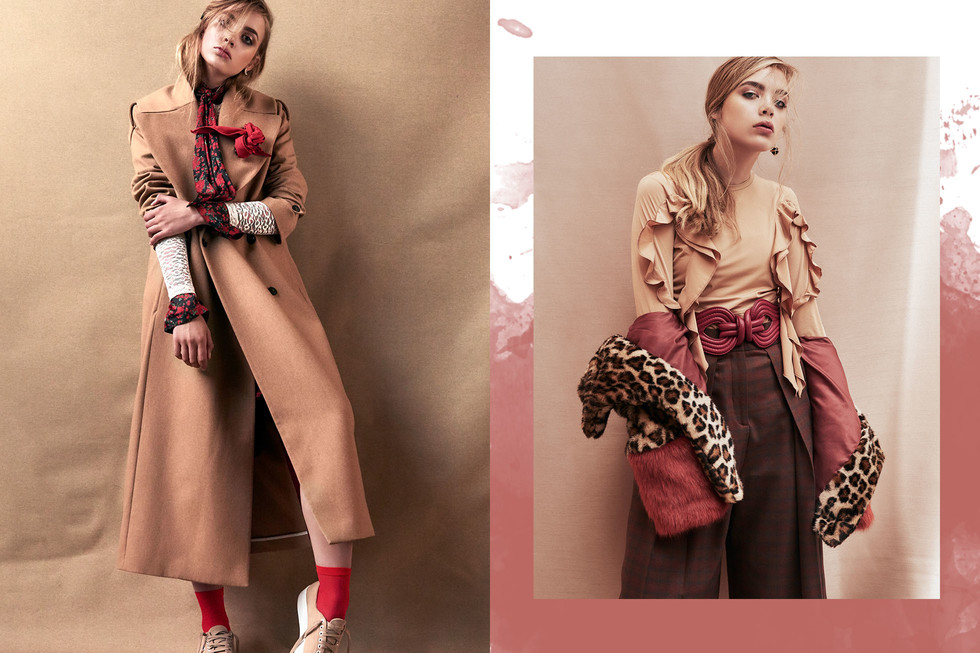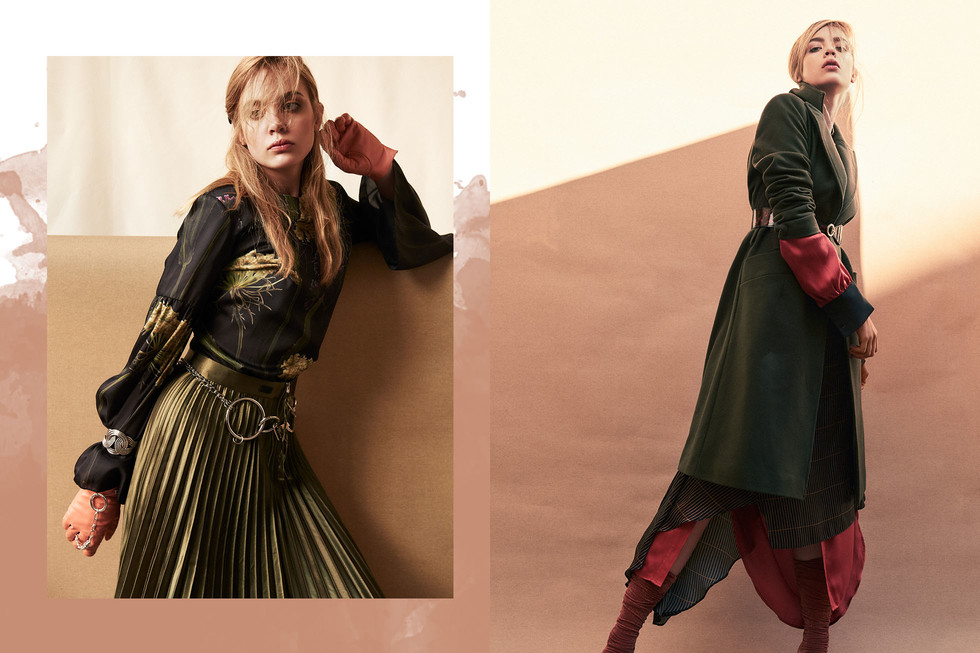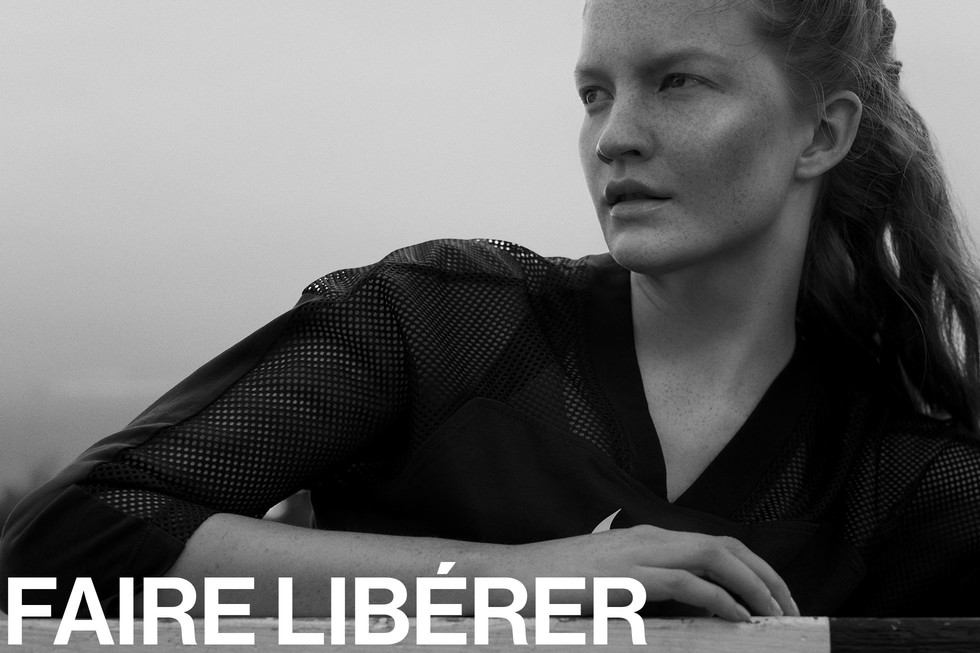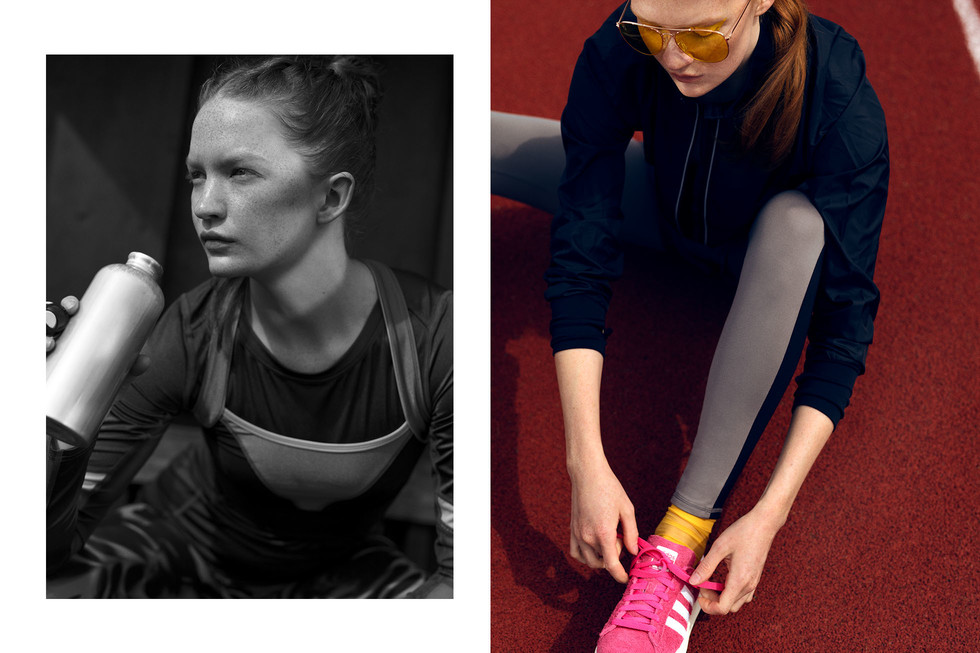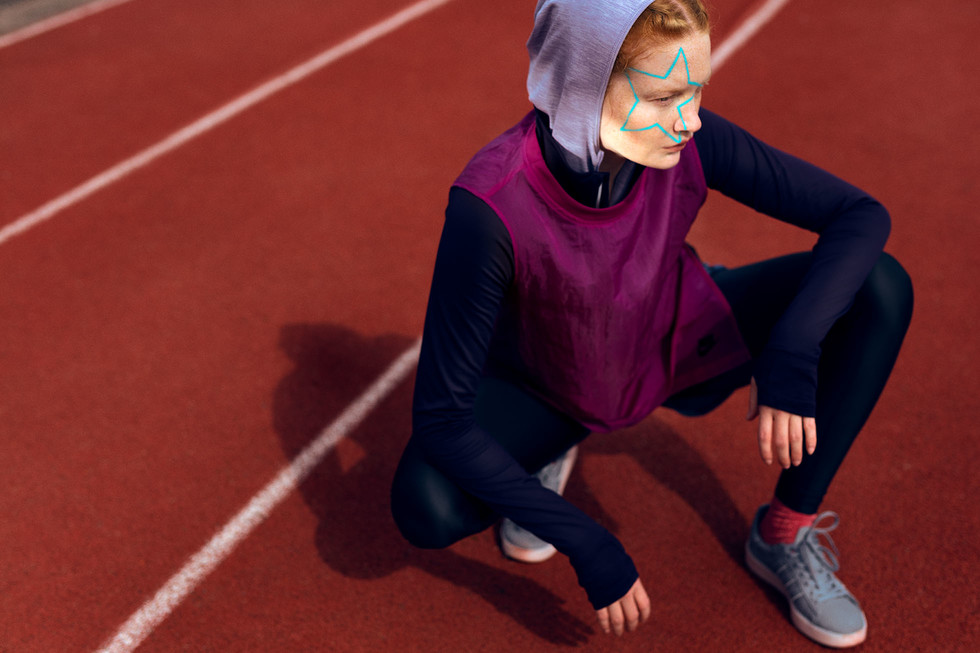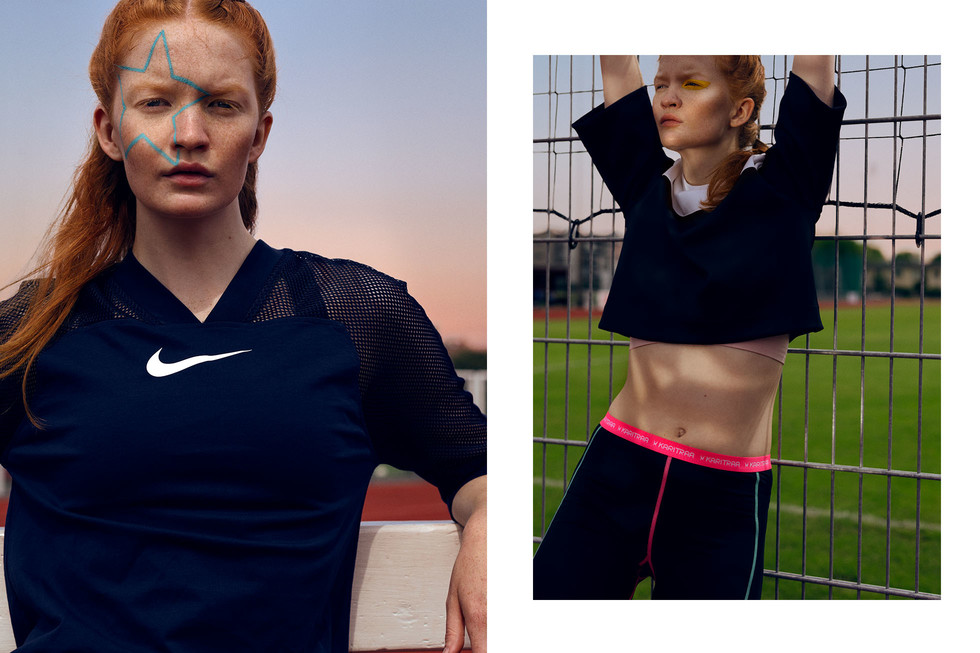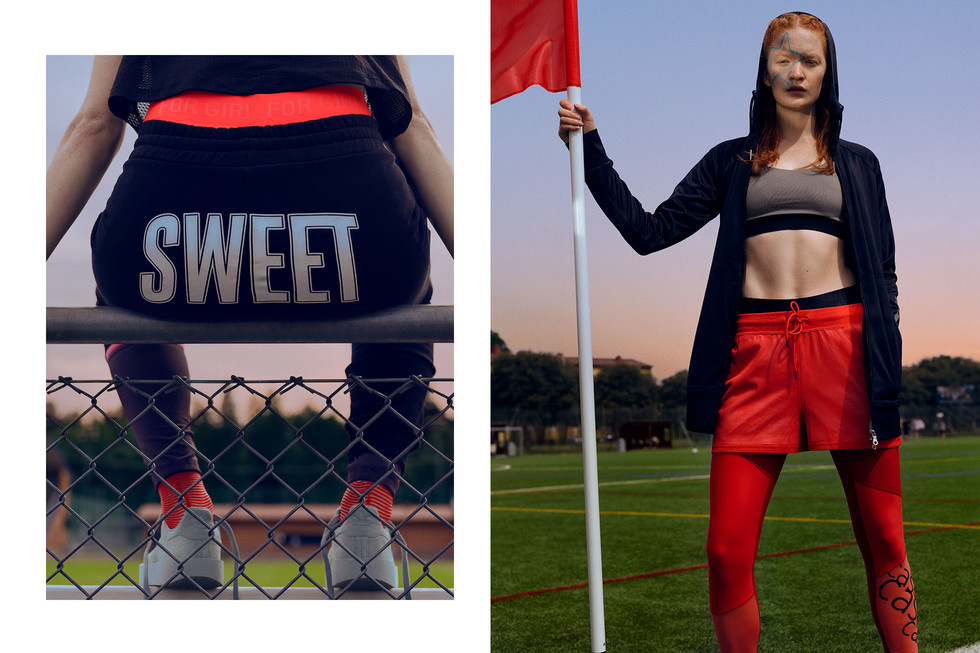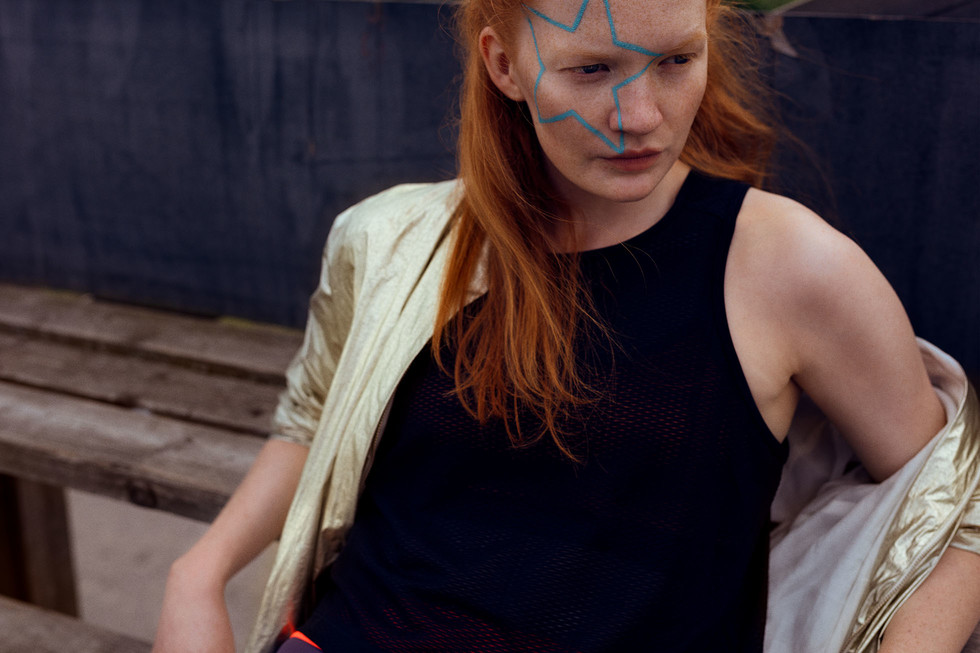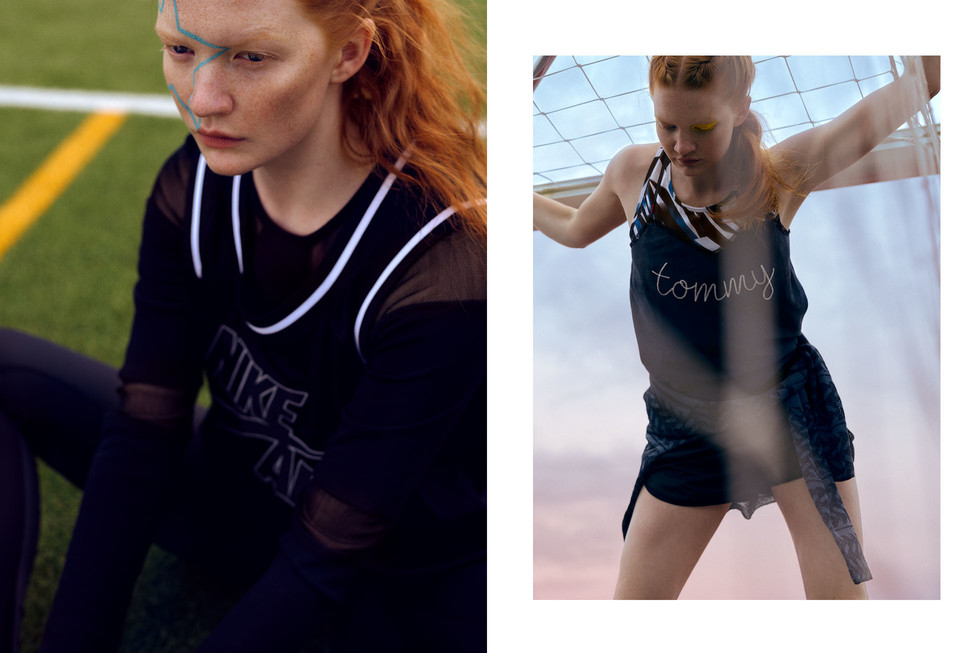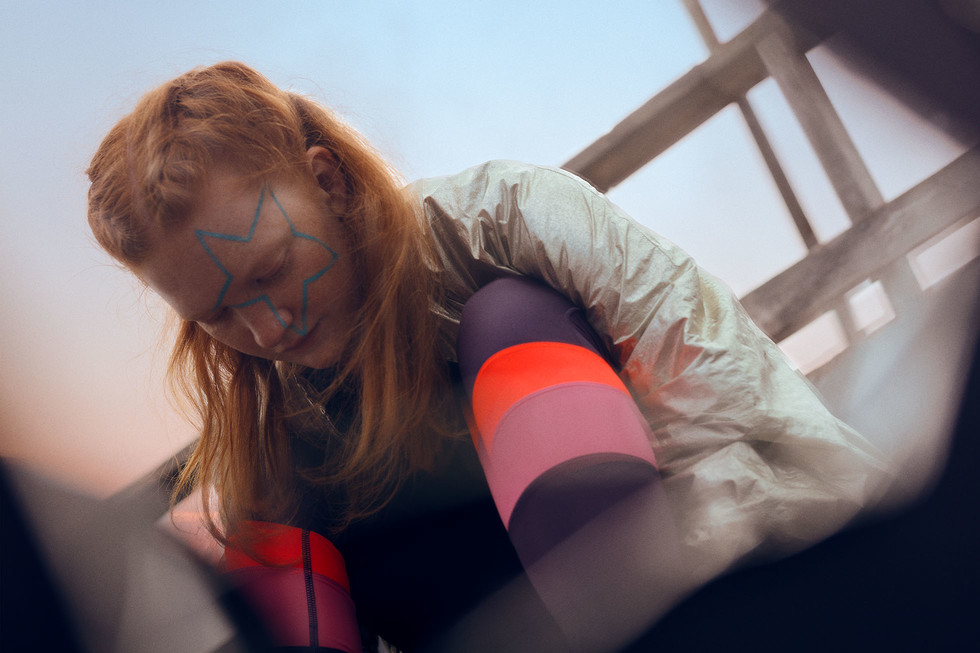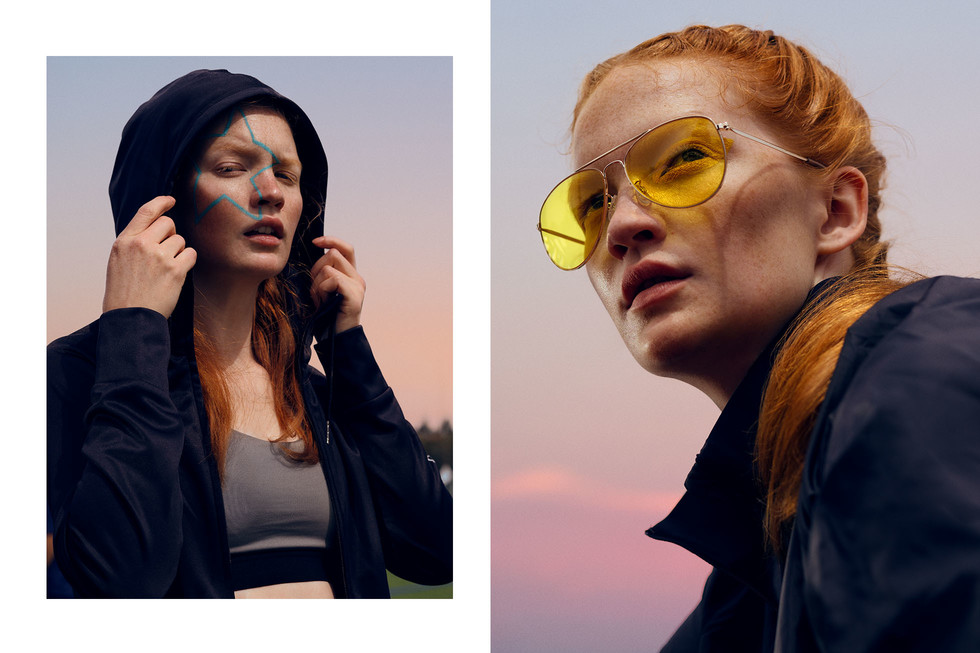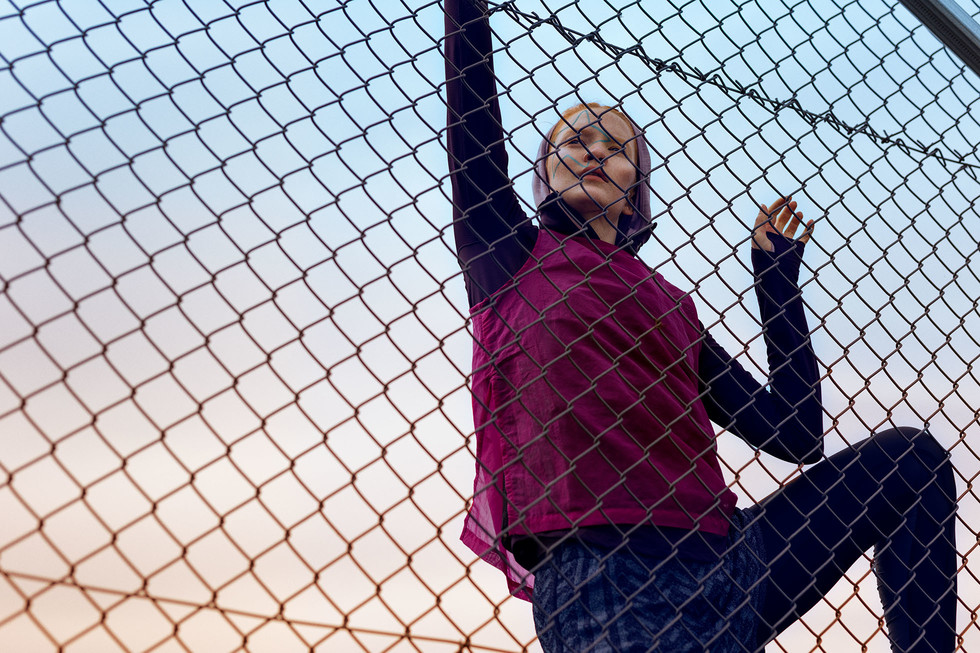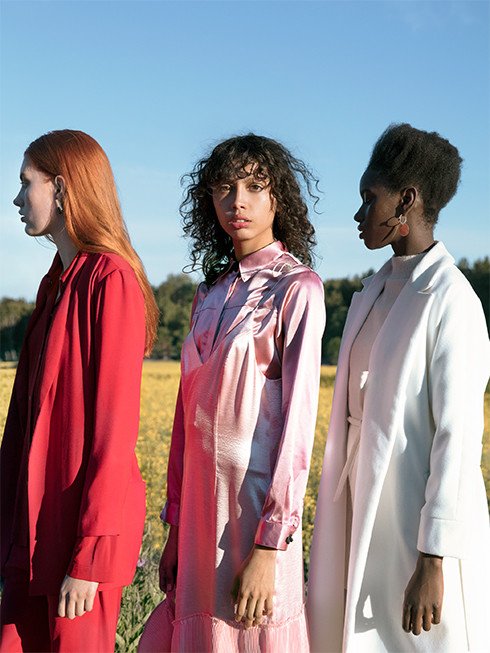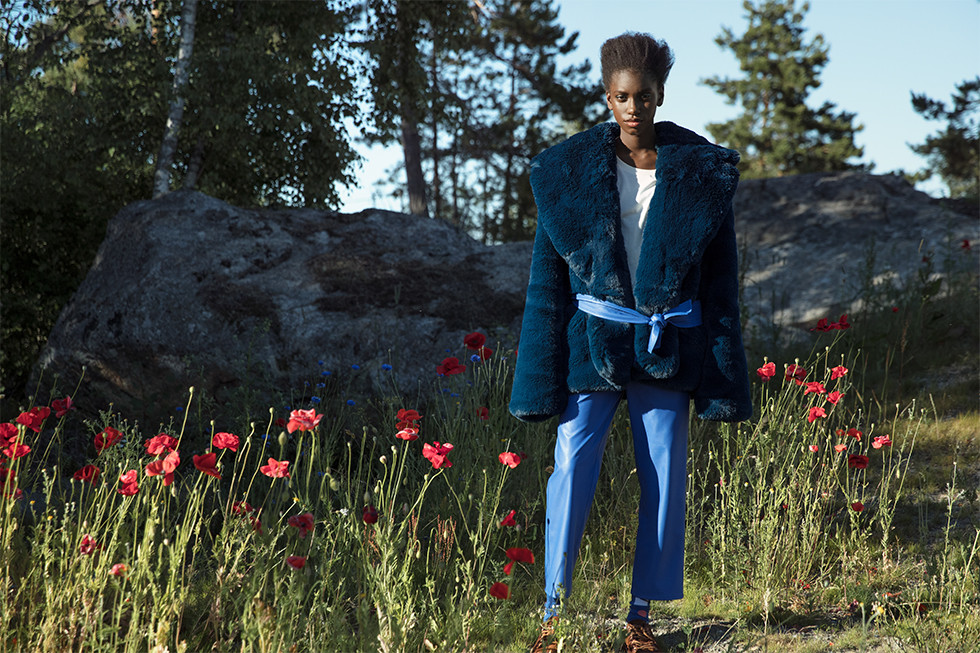If you haven’t been immersed in fashion’s latest infatuation, it’s time to hop on board. Thoughout my long time in the fashion industry, I honestly have never really been into consuming the latest must haves that are thrown at us from every which way, especially these days though all the media platforms, it seems as if there is no escape. My personal style summed up is essentially contemporary and feminine with elements of a genderless toddler. I’m not stuck to one single brand, shy away from fast fashion and have a penchant for cool new designers and quality is very important to me. I was recently introduced to the Swedish online marketplace that focuses on new designers and retailers from 140 countries worldwide, Tictail. There is not only a vast selection of clothing and accessories,Tictail features homeware and art. With the success of Etsy as an online marketplace for independent sellers, Tictail has taken this concept to the next level, with more focus on slow fashion and a personal connection with its featured sellers and users. Placed on a clean graphic user interface similar to that of Instagram, it’s another user-friendly go to social media app that allows one to interact in similar ways of the aforementioned, discovering unique items of desire and sharing them with “the world”. You can even make your own stores and browse through others user's stores. I usually tend to shy away from more “internet stuff” that will inevitably distract me, but this one is a must.
This past Saturday, I had the chance to meet some of the creatives and designers behind this spectacular innovative company. A small table of 25 in a cozy room at the historical Hotel Skeppsholmen in Stockholm, maybe haunted, fabulous nonetheless. Hosted by the Head of Global Communications, the lovely Briana Feigon, who is based in New York, Susanne Holsäter, who is the PR & Events Manager for Sweden and Europe and one of the founders, Carl Waldkrantz. It was a mix of Swedish press, bloggers, featured Swedish designers; including Alina Bendekova of Arèthe. And Rami Hanna, the Stockholm based photographer who shot the #notfaceless campaign. We started out sipping Champaigne in the quaint garden before entering and indulging on canapes and hearing a little more about Tictail from Waldekranz himself about the background of the company; he was raised in Sweden by a single mom who was an artist, depending on income solely from the sales of her art, he lived a kind of feast or famine lifestyle, per say. When you’re younger and all of your peers are decked out in the latest gear adorned with big logos from commercial brands, you can feel deprived or out of place, in a way. This is part of the reason for activating Tictail, today when Waldenkrantz looks through his closet, he sees a selection of non-mainstream designers, with knowledge of the origin of each piece. A social standpoint is addressed, the designer is has recognition. The evening was ended with a nice performance by Crying Day Care Choir playing a few of their favourite songs, including the newly released Sad Season.
I had the chance to sit down and have a chat in person with Feigon before she hopped on a plane back to New York. She recounted the nostalgic ritual she and her mother have been having for years, as they live bi-coastal, mom in San Francisco, where she was raised. When the two finally unite in either city, they share their new fashion finds with one another, in either city. They share their new fashion finds with one another, enthusiastically sharing the process of acquiring each piece. She mused about her mother’s passion for clothing, the way she treats every piece like a piece of art; folding and hanging each item appropriately, merchandising them in her wardrobe, with pure respect for each garment. This mother daughter ritual they share, furthered the inspiration behind Tictail’s #notfaceless operation - to not use the commercial term campaign - and motivates Feigon to have a real sense of loyalty to her job. She recalls the meeting in which the #notfaceless term was coined at Tictail, they were in the conference room in NY planning a larger “campaign”, thinking about the bold brands, the contrast between slow and fast fashion, how each piece and designer have a story to tell. They kept speaking about the actual faces of the designers, and how most consumers never know, think or care about who is behind the curtain. The words ‘not faceless’, kept coming up amongst everybody and then lo and behold #notfaceless was born. The lookbook, shot by Stockholm’s Rami Hanna, using exclusively Mikas models exhibits bold captivating imagery with looks using 35 designers from 14 different countries, giving the viewer the sense of quality and individuality behind the concept. Artist Joe Cruz was commissioned to create special artwork over some of the imagery for the ‘campaign’ t-shirt and mural at the Tictail store on 90 Orchard St., in New York City.
We begin to discuss the dark side of the fashion industry; Feigon informs me of the devastating fact that the industry is the second largest producer of pollution in the world, second to oil. She also dove into some very interesting points that we should all be aware of; comparing small designers to big fast fashion moguls. One single fast fashion house, such as Zara has 2200 stores in 90 countries, they make 11,000 unique products a year, add in sizing, and you’re looking at about 50 million garments a year, that is just ONE brand. On average, consumers only wear each individual piece around seven times. This is a MASSIVE waste that needs to be addressed immediately. Titcail has about 10k brands in 140 countries, this averages about four million products, minus the ones that are made-to-order. The discussion continues, pointing out how shoppers don’t have the tools or patience to shop this way anymore, they want a one stop shop. We are constantly bombarded with visuals, positioning products into our subconscious, perpetuating this need to fill the void. Slow fashion should be something everybody should be looking into, having the patience to wait for that special something to unwrap or treat like a piece of art, making clothing a special treat, like the mother-daughter bonding sessions of Friegon and her mother. If you take care of your things and try hard not to feed into the instant gratification you feel when making impulsive choices of latest trends and fads, and make smart purchases, life will become more satisfying and complete.
Perfect for the #notfaceless ideology on the Tictail platform, Feigon is a kindred spirit with a true passion for humanity, she wants to learn about everybody from bartenders, baristas, taxi drivers, she desires to bring the kindness and realness out of people. And ultimately she wants to support new and young designers, educate people on slow fashion and change buyer behaviour as a whole and I couldn’t agree more with her. If you aren’t already a regular on the Tictail, app, sign up! Here are a few designers from the look book to follow, to get you started:
https://tictail.com/cornaert
https://tictail.com/moonkidjewellerydesign
https://tictail.com/thebeessneeze
https://tictail.com/arethe
https://tictail.com/jennieellen
https://tictail.com/doloreshaze
